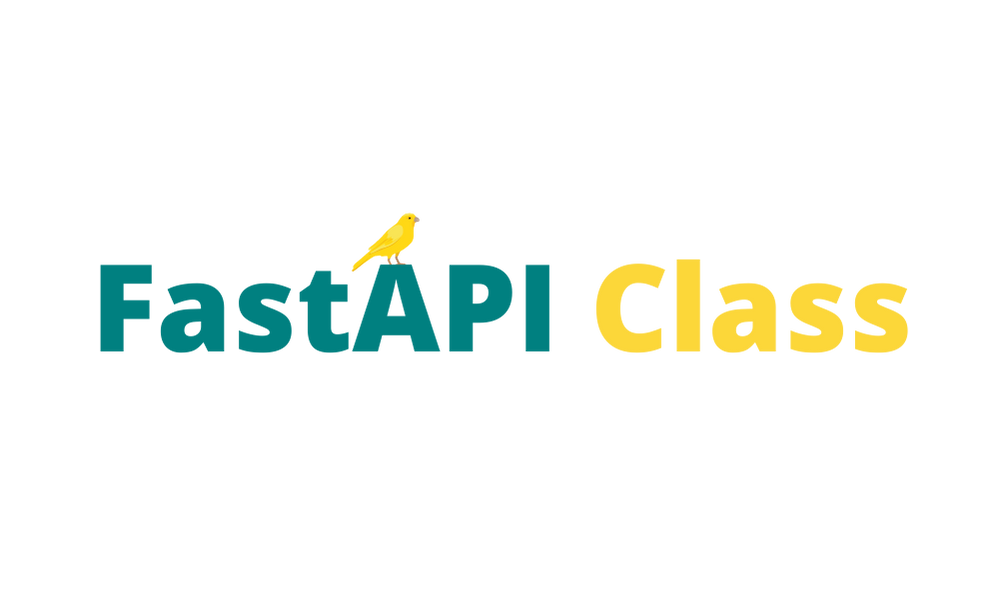Classes and Decorators to use FastAPI with Class based routing
Source Code: https://github.com/yezz123/fastapi-class
Install the project: pip install fastapi-class
As you create more complex FastAPI applications, you may find yourself frequently repeating the same dependencies in multiple related endpoints.
A common question people have as they become more comfortable with FastAPI is how they can reduce the number of times they have to copy/paste the same dependency into related routes.
fastapi_class provides a class-based view decorator @View to help reduce the amount of boilerplate necessary when developing related routes.
Highly inspired by Fastapi-utils, Thanks to @dmontagu for the great work.
- Example:
from fastapi import FastAPI, Query
from pydantic import BaseModel
from fastapi_class import View
app = FastAPI()
class ItemModel(BaseModel):
id: int
name: str
description: str = None
@View(app)
class ItemView:
async def post(self, item: ItemModel):
return item
async def get(self, item_id: int = Query(..., gt=0)):
return {"item_id": item_id}Exception in list need to be either function that return fastapi.HTTPException itself. In case of a function it is required to have all of it's arguments to be optional.
from fastapi import FastAPI, HTTPException, status
from fastapi.responses import PlainTextResponse
from pydantic import BaseModel
from fastapi_class import View
app = FastAPI()
NOT_AUTHORIZED = HTTPException(401, "Not authorized.")
NOT_ALLOWED = HTTPException(405, "Method not allowed.")
NOT_FOUND = lambda item_id="item_id": HTTPException(404, f"Item with {item_id} not found.")
class ItemResponse(BaseModel):
field: str | None = None
@View(app)
class MyView:
exceptions = {
"__all__": [NOT_AUTHORIZED],
"put": [NOT_ALLOWED, NOT_FOUND]
}
RESPONSE_MODEL = {
"put": ItemResponse
}
RESPONSE_CLASS = {
"delete": PlainTextResponse
}
async def get(self):
...
async def put(self):
...
async def delete(self):
...from fastapi import FastAPI, HTTPException
from fastapi.responses import PlainTextResponse
from pydantic import BaseModel
from fastapi_class import View, endpoint
app = FastAPI()
NOT_AUTHORIZED = HTTPException(401, "Not authorized.")
NOT_ALLOWED = HTTPException(405, "Method not allowed.")
NOT_FOUND = lambda item_id="item_id": HTTPException(404, f"Item with {item_id} not found.")
EXCEPTION = HTTPException(400, "Example.")
class UserResponse(BaseModel):
field: str | None = None
@View(app)
class MyView:
exceptions = {
"__all__": [NOT_AUTHORIZED],
"put": [NOT_ALLOWED, NOT_FOUND],
"edit": [EXCEPTION]
}
RESPONSE_MODEL = {
"put": UserResponse,
"edit": UserResponse
}
RESPONSE_CLASS = {
"delete": PlainTextResponse
}
async def get(self):
...
async def put(self):
...
async def delete(self):
...
@endpoint(("PUT"), path="edit")
async def edit(self):
...Note: The edit() endpoint is decorated with the @endpoint(("PUT",), path="edit") decorator, which specifies that this endpoint should handle PUT requests to the /edit path,
using @endpoint("PUT", path="edit") has the same effect
You should create a virtual environment and activate it:
python -m venv venv/source venv/bin/activateAnd then install the development dependencies:
Note: You should have uv installed, if not you can install it with:
pip install uvThen you can install the dependencies with:
# Install dependencies
uv pip install -r requirements/all.txtYou can run all the tests with:
bash scripts/test.shExecute the following command to apply pre-commit formatting:
bash scripts/format.shExecute the following command to apply mypy type checking:
bash scripts/lint.shThis project is licensed under the terms of the MIT license.



